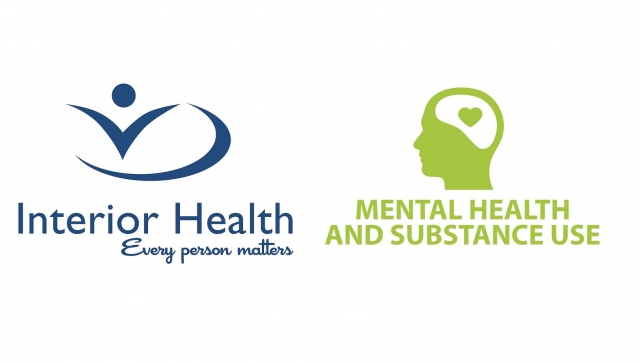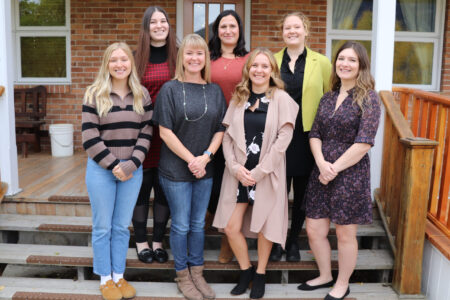Initial contracts awarded for support recovery beds
Interior Health (IH) is pleased to announce five contracts have been awarded for the creation of 26 additional support recovery beds. These new beds will enhance mental health and substance use (MHSU) services throughout the B.C. Interior.
“More beds mean more people can get their lives back,” said Health Minister Terry Lake. “Bed by bed, we are following through on our commitment to create new substance use treatment beds, so families can be made whole again, and communities can benefit from engaged, healthy members.”
These are the first five of ten eventual contracts to provide an additional 57 beds to communities throughout IH. Support recovery beds provide clients a safe, substance-free setting while they await residential treatment, return from residential treatment or transition to a more stable lifestyle.
“Our staff members are working very hard to get these beds open,” said IH Board Chair Erwin Malzer. “A support recovery bed is more than just a bed. It represents a place where clients can feel safe and secure, knowing they’ll receive the encouragement and treatment they require to restore their health.”
These 57 support recovery beds are part of IH’s commitment in April to create 73 new substance use treatment beds including 16 withdrawal management beds. They’re also part of the Province’s commitment to add 500 additional substance use spaces throughout British Columbia.
The first five contracts have been signed with:
ASK Wellness Society– ASK Wellness serves the Thompson-Shuswap area and will provide six support recovery beds in Merritt.
East Kootenay Addiction Services Society– East Kootenay Addiction Services Society serves the East Kootenay area and will provide four support recovery beds in Cranbrook.
Kamloops Society for Alcohol and Drug Services– Kamloops Society for Alcohol and Drug Services serves the Thompson Cariboo area and will provide six support recovery beds in Kamloops.
Ktunaxa Nation Council Society – The Ktunaxa Nation serves the East Kootenay area and will provide four Aboriginal support recovery beds in Cranbrook.
Round Lake Treatment Centre– Round Lake serves the North Okanagan area and will provide six Aboriginal support recovery beds in Armstrong.
The majority of the 57 support recovery beds will be completed and open by December 2016.
Through partnerships and consultation with the First Nation Health Authority and local First Nation groups, the 57 Support Recovery beds will include up to 15 spaces provided by an Aboriginal organization.
“Today’s announcement will improve access to addiction treatment services for both on reserve and away from home First Nations. This was made possible by a first of its kind data project which matched Ministry health services utilization data with the First Nations client file,” said Richard Jock, First Nations Health Authority Chief Operating Officer. “The allocation of beds to Ktunaxa First Nation and Round Lake Treatment Centre is a concrete example of data driven decision-making made possible by the new relationships with the seven Nations of the interior and the First Nations Health Authority.”
IH is focusing its resources on five key strategies which will shift the system away from hospitals and towards care being provided in a community setting. One of these strategies is directed at improving primary and community care outcomes for MHSU clients.
On July 27, 2016, Premier Christy Clark announced a new Joint Task Force on Overdose Prevention and Response. The actions being taken under the task force support the ongoing work to support and treat British Columbians with substance use issues, a key priority of government. The province has committed to meet the goal of opening 500 new substance use treatment beds in 2017, and today’s announcement of more support recovery beds will work to meet that goal. In the past two years, the Province has opened more than 220 new beds as part of this commitment to ensure better access to appropriate substance use supports.
To learn more about all of Interior Health’s key strategies, read CEO Chris Mazurkewich’s message in Healthier Youmagazine.

























Comments